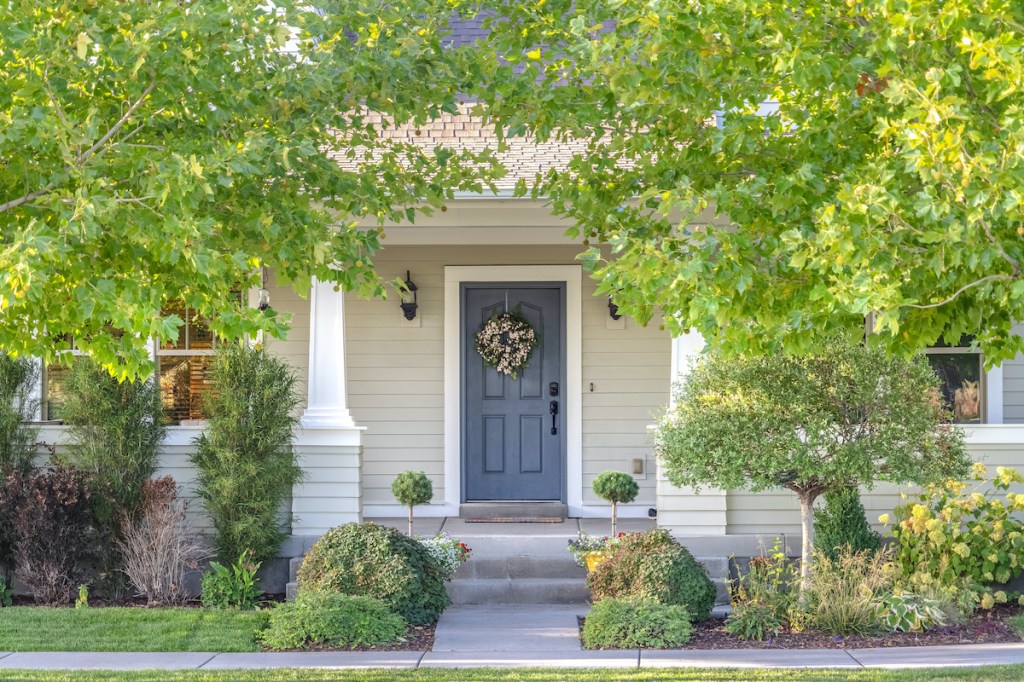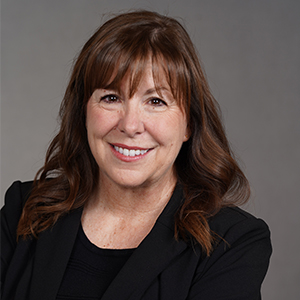A year after issuing its first Single-Family Green Mortgage Backed Security on Earth Day 2020, Fannie Mae has now completed 25 transactions for the program, totaling $167 million in bonds backed by mortgages on newly constructed, energy-efficient homes. Most of the issuances have included 30-year fixed-rate mortgages, but recent offerings have pooled 15-year fixed-rate mortgages.
“Fannie Mae’s Single-Family Green MBS transactions are part of our broader ESG efforts,” Arthur Johnson, vice president, single family markets at Fannie Mae, said.
ESG stands for environmental, social and governance — three categories of non-financial disclosures that consumers and investors are increasingly interested in. During a panel discussion at MBA’s Spring conference this week, experts noted that ESG programs, which consider things like resiliency, efficiency, climate risks, diversity, equity, inclusion and transparency, were just gaining a foothold in the U.S. but are well-established in Europe.
Transparency is one of the most difficult aspects of ESG, the panelists said, which is why Fannie Mae chose to focus its single-family green program on loans that meet the well-known ENERGY STAR standards. ENERGY STAR 3.0 Certified Homes are on average 20% more efficient than single-family homes built to code.
“While the volume of these bonds is small compared with the daily trading activity in the To-Be-Announced MBS market, we also recognize that we are still in the early stages,” Johnson said. “Our history with Green Financing shows that starting small doesn’t mean staying small, and the program’s demonstrable benefits show how Fannie Mae’s scale and capacity can be a powerful accelerant of positive and measurable Environmental, Social, and Governance outcomes.”
How borrower education can make housing more attainable
The current housing market is making it difficult for prospective buyers to afford a home. Housing professionals need to find ways to better meet buyer needs.
Presented by: Fannie Mae
Johnson said that investors are drawn to the program because of its third-party validation. Last year, the single-family framework received a “light green” Second Opinion from CICERO Shades of Green, a global provider of green ratings for bonds.
“This Second Opinion is important because it is an independent, research-based evaluation that determines the environmental value of green bonds and offers investors insight into the environmental quality of green bonds. CICERO recognized that Fannie Mae’s Single-Family Green MBS business aligns with the International Capital Markets Association’s Green Bond Principles, establishing our Green MBS as credible green investments,” Johnson said.
Fannie partnered with several lenders on the single-family initiative, including the mortgage finance arms of builders D.R. Horton, Lennar Corp. and NVR Inc.
The GSE has broadened the geographic diversity of loans pooled in the green MBS transactions over the last year, with underlying properties now located in Arizona, Texas, Colorado, North Carolina, Maryland, Pennsylvania, New York and New Jersey.
“Also, we have found that investors are drawn to the program because of its transparency; specifics about the underlying loans and related resources are readily available on our website, and quantified detail about the environmental, social, and economic benefits of these securities will be published in our forthcoming 2020 Green Bond Impact Report,” Johnson said.
For its efforts, the Environmental Protection Agency and the U.S. Department of Energy awarded Fannie Mae the 2021 ENERGY STAR Partner of the Year – Sustained Excellence Award, the first time this recognition included its Single-Family business. Fannie Mae began its Multifamily Green Financing business over 10 years ago and has since issued more than $90 billion of Green MBS.






